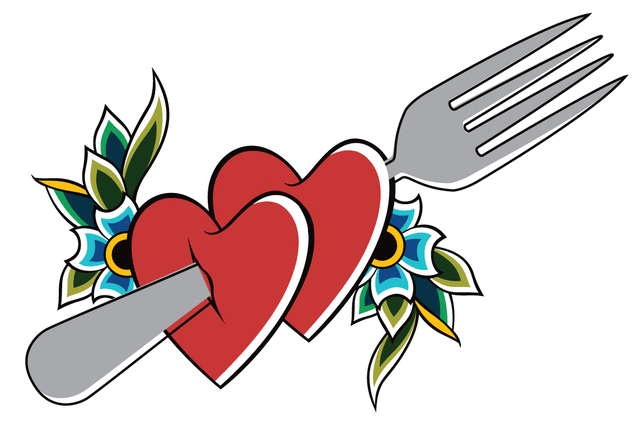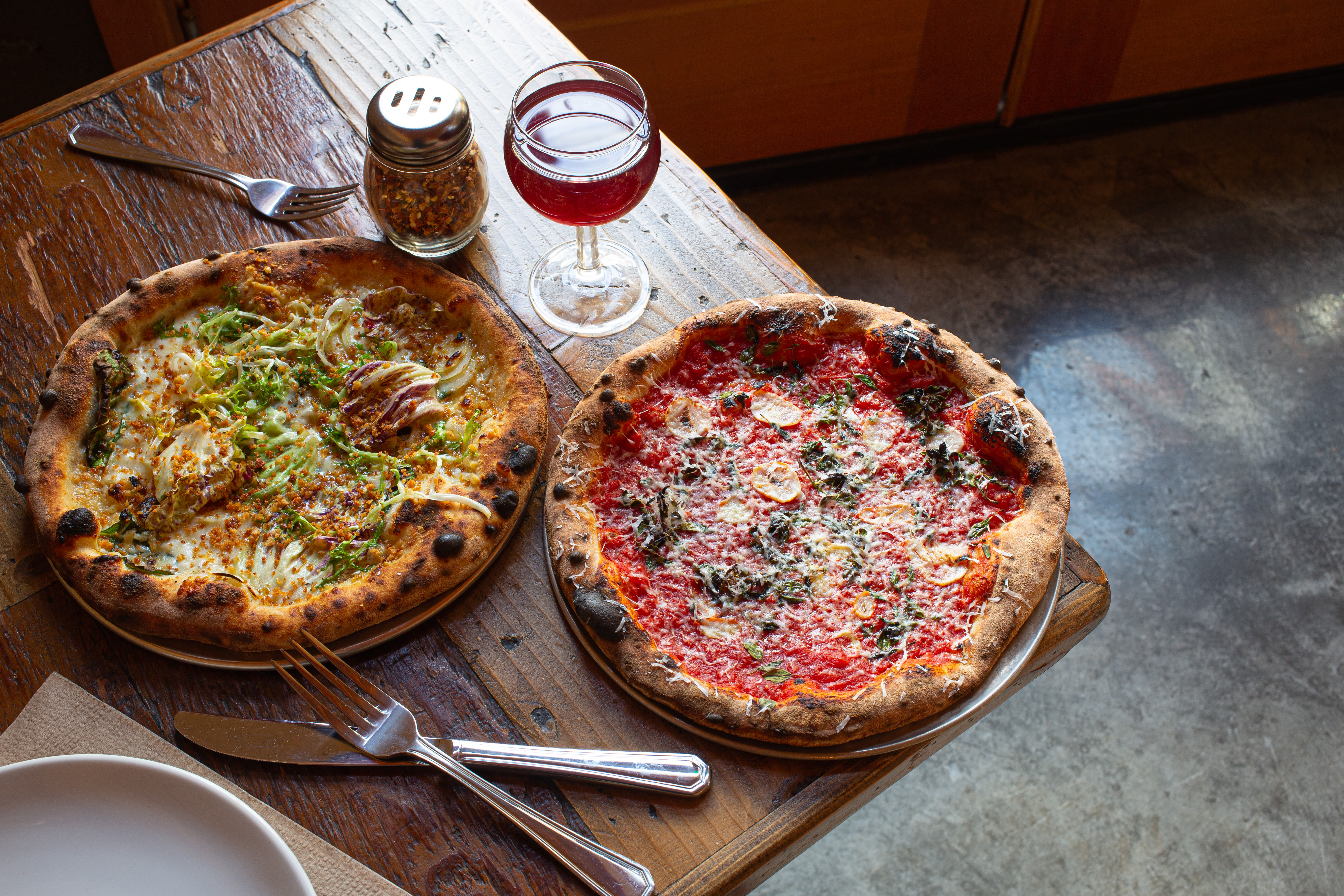Let the Feast Begin

Image: Kate Madden
THE GROWING NATIONAL consciousness about what we eat has had many proponents, from farmer/philosopher Wendell Berry to journalists like Michael Pollan and Eric Schlosser, to the documentary filmmaker Morgan Spurlock. But few people have made the simple act of cooking and eating your own food as accessible—and politically meaningful—as Mark Bittman.
With his long-running New York Times Magazine columns and books like How to Cook Everything and Cooking Solves Everything, Bittman melds food consciousness with conscientiousness. And so it makes sense to open our city’s first major food festival, Feast Portland, with a lecture by Bittman on September 20.
Feast is arguably the most ambitious freshman effort at an event Portland has ever seen. Cofounders Mike Thelin and Carrie Welch have reached wide and deep to create three days of showcases, seminars, parties, and, of course, fabulous meals with some of the nation’s leading chefs and thinkers. And at every turn, they’ve paired them with the Portlanders who are shaping this city into one of the country’s most talked-about dining destinations.
Serendipitously, our food editor Karen Brooks will release her vivid portrait of our local scene, The Mighty Gastropolis, during the festival. And whether you go to Feast or not, we figured there was no better time than now to tour the city’s wide world of ingredients in our “Food Lover’s Guide to Portland”
But, like Feast, let’s begin with a few words from Mark Bittman.
Your e-book, Cooking Solves Everything: How Time in the Kitchen Can Save Your Health, Your Budget, and Even the Planet, offers a recipe for how eating better can change the world. But you write, “Oddly the ‘food movement’ hasn’t helped much.” Why not? The “food movement” is in quotes because I don’t really think there is a food movement. But I will say, part of the answer to our problems around food is cooking. To the extent that the food movement is celebrating restaurants and esoteric and exotic and expensive ingredients more than the pleasures and importance of home cooking, that’s counterproductive. It’s home cooking that’s going to make a lot of difference in how Americans relate to food—not restaurants, and not things like organically grown local dragonfruit.
A lot of what you advocate for—CSAs, farmers markets, locally grown produce, for instance—still accounts for only a tiny fraction of the market. Is there a place in your wide travels in which change is matching the scale of the problems you see? That’s a great question, but no. Most places have not moved in as extremely bad of a direction as the US has. They’ve stayed closer to their roots, in part because they have much better roots than we have. By setting such a miserable example, we’re performing two services: we’re setting ourselves up for showing others how to turn things around (it may be a fantasy, but it’s an important fantasy), and we’re also showing other countries why they don’t want to go in our direction.
What buoys your optimism? I would not say I’m optimistic. I would say I’m hopeful. Statistically there is more cooking going on. There’s more lobbying for it. Ingredients are getting better and more widely accessible. But even if people think cooking is desirable, they don’t know how to do it. In a way, it’s as simple as asking, “What happened to Home Ec?” And when you ask that, you’re asking what happened to education in general. And when you ask that, you’re into questions of what our national priorities are. I’m not sure I can say that cooking should be a national priority. But I would say that food education should be—and cooking is part of that.
You’ve argued for subsidizing home cooking and developing a Civilian Cooking Corps. How would that work? We need to make it easier for people to cook and eat good food. And we need to make it harder for people to not cook and to make bad food. It’s a carrot-and-stick situation. To teach people to cook, we could have thousands of people out there running cooking classes and helping people figure out what to buy and how to buy it. What’s really going to happen is we’ll continue to see a small but growing number of people who believe in cooking, and those will be mostly well-to-do people. That’s OK. Lots of times movements are led by wealthy people. At the same time, things like New York Mayor Michael Bloomberg’s ban on big-gulp sodas is the thin end of the wedge. At some point, someone will enact a tax and the revenue from that will be significant and the public health benefits notable and that will snowball.
You’ve written screeds against milk and dairy products. You’ve been crusading against meat. You want to tax cheeseburgers and fries. What are your guilty pleasures? That stuff, of course! Cheeseburgers and fries! Pizza and hot dogs! Taxing something isn’t the same as making it illegal. We all pay alcohol taxes, and many of us drink. Why not raise the money and encourage people to eat other things? We live in a state that regulates things. The people who scream about this are either dedicated libertarians (and I’ve never met a consistent libertarian), or they are people in the industry.
You recently wrote about a pilgrimage to see Wendell Berry. He told you, “Your trial is to be patient in an emergency.” What’s a good working definition of “patience”? There are really only two options: you can be active, or you can be passive. If you are active, you have to understand that things aren’t necessarily going to happen quickly. I will tell you something that is really heartening and even enlightening to me: I wrote a column about [the history of federal support for and the unhealthy effects of] milk, based largely on personal experience. It was wildly popular. And I got 10 or 12 e-mails that directly said, “As a result of your column, I stopped drinking milk and my chronic fill-in-the-blank—migraines or heartburn or whatever—went away.” That’s pretty rewarding, and that took no patience at all. Sometimes you can change lives in a real hurry and things can make a difference.




